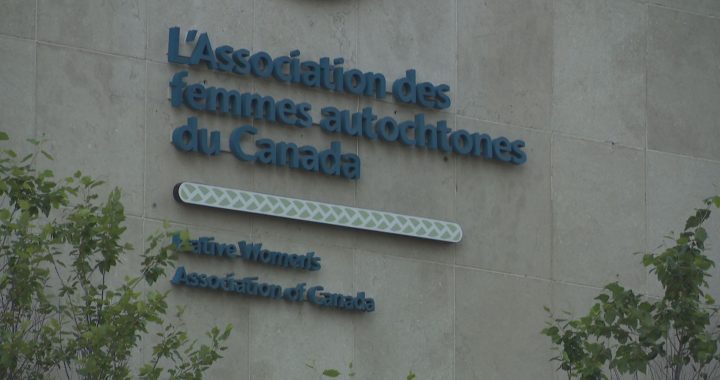(The Sentinel 3 satellite being launched Wednesday. Inuit from Greenland and Canada are concerned about toxic debris from the rocket falling into waters used by polar bears, whales, and walrus.)
Canada’s Public Safety ministry says it is monitoring the launch of a “toxic” rocket carrying a satellite for the European Space Agency (ESA).
“As debris is not anticipated to land on Canadian soil, the risk to public health and the environment is extremely low,” said Andrew Gowing, a spokesperson with Public Safety in a statement to APTN News.
But the Inuit Circumpolar Council is admonishing both Canada and the European Space Agency (ESA) for not keeping it abreast of launches that affect its hunting waters.
The ESA launched its Sentinel Three satellite from Russia at 2 PM eastern time on Wednesday.
The Sentinel 3 satellite launch was broadcast online by the European Space Agency.
The satellite was carried on a repurposed Russian Soviet-era SS-19 ballistic missile fuelled by highly carcinogenic hydrazine.
ICC members fear the rocket will drop about a tonne of leftover hydrazine into the waters off Baffin Bay when it falls.
The area is outside Canada’s territorial waters but still within the jurisdiction of its Arctic Waters Pollution Prevention Act.
ICC member Okalik Eegeesiak said the stage will fall into the North Water Polynya, the most productive and biodiverse place in the Arctic seas. Whales, seals, polar bears and walrus are found there in large numbers and Inuit from both Canada and Greenland hunt there.
“When the weather is clear, they go out for the chance of coming back with lunch and dinner,” she said. “(We’ve) been very concerned about cumulative impacts these launches will have on our communities and food sources.”
There have been 11 such splashdowns over the past 15 years and Inuit have protested them before. That Wednesday’s launch was again scheduled without letting local people know mocks federal promises of Indigenous consultation, Eegeesiak said.
Canada is an associate member of the European Space Agency and routinely contributes more than $20 million a year to its budget. That, say federal documents, “allows Canada to be part of the (agency’s) decision-making process.”
Eegeesiak said she doesn’t see any evidence Canada was using that influence to protect Inuit interests.
“We don’t see it here,” she said. “Protection of marine waters is also not evident here.”
The splashdown waters are so important that Inuit from Canada and Greenland have been meeting to develop a joint plan for the area.
“We’d like to lead the management of the area,” said Eegeesiak. “We’d like to work with our respective governments to push for no rocket launches into the area.”
-with files from the Canadian Press









